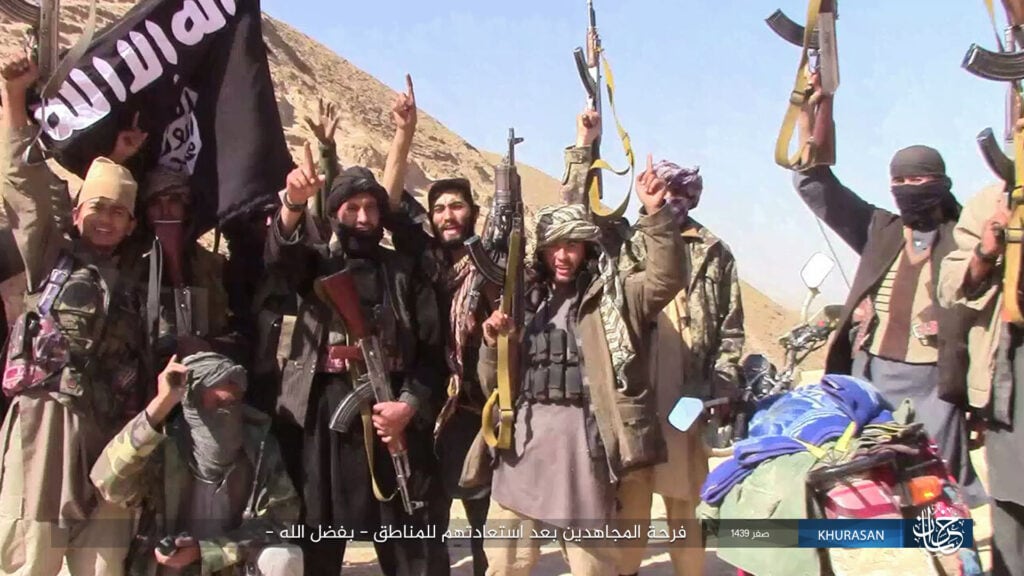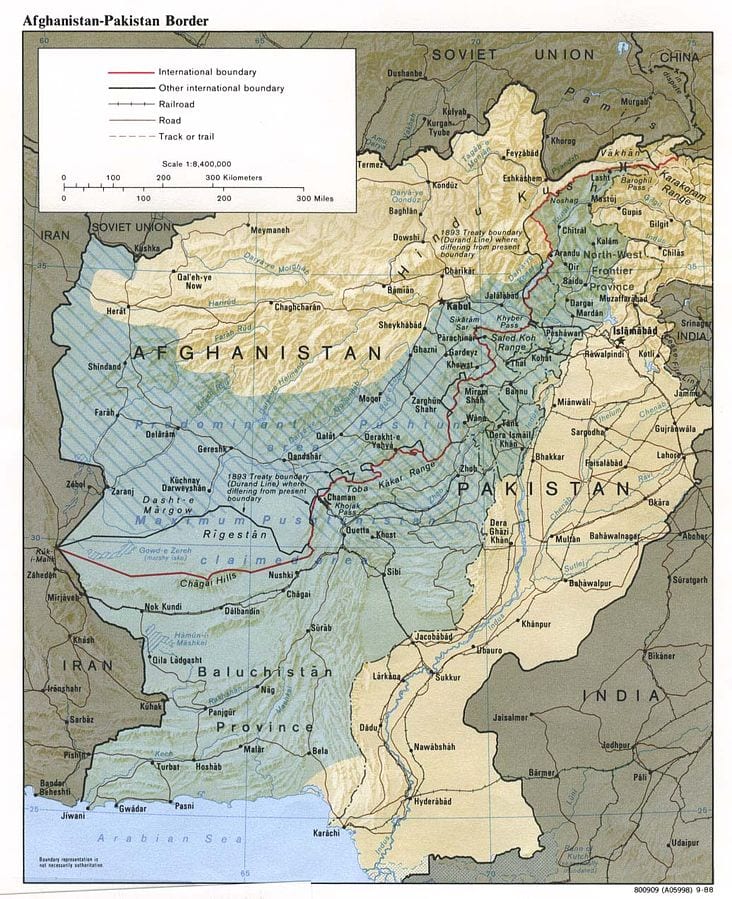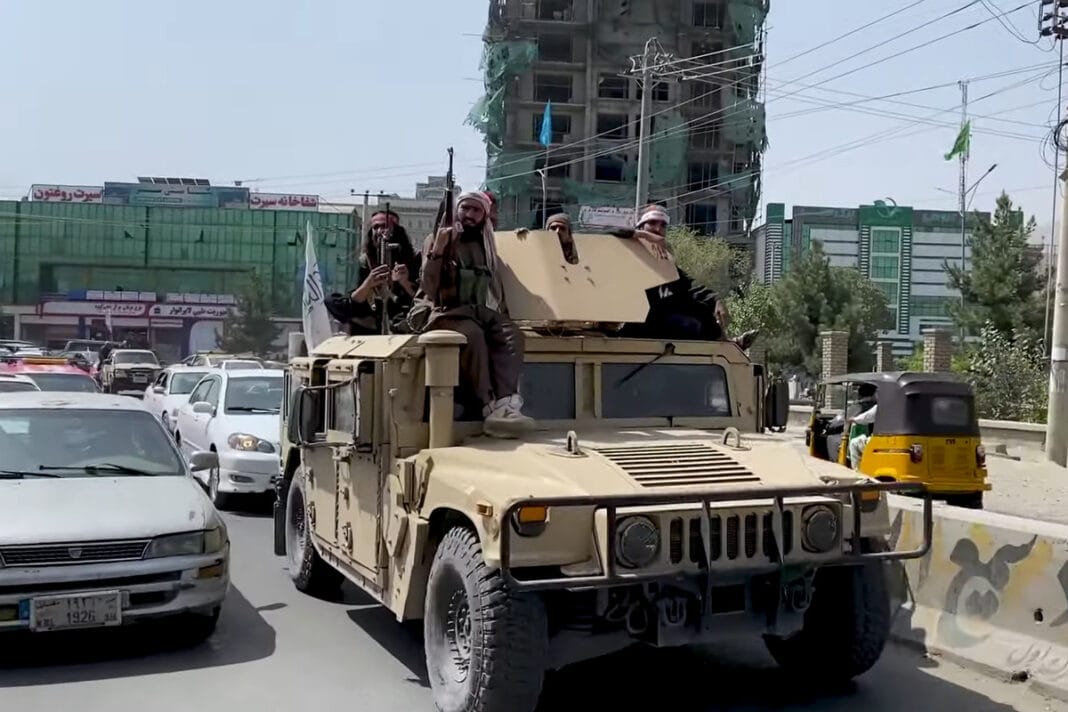Insecurity in Taliban-Afghanistan continues to be an ever-evolving issue despite the group’s voiced intention to end political violence. Moreover, despite a significant reduction in terrorism, Taliban-controlled Afghanistan still suffers from a critical lack of security. This void is clear throughout the nation as it faces a stream of bombings. The Islamic State-Khorasan Province (ISKP) – a part of ISIL – remains highly active, targeting Taliban authorities and ethnic minorities.
Key Judgment 1: It is highly likely that the ISKP will be the primary source of terrorist attacks over the next six months.
- It is highly likely that the ISKP lies behind the latest violent attacks in Afghanistan, such as the suicide bombing inside the Mosque of Afghanistan’s Interior Ministry [source].
- Since the Taliban takeover in August 2021, ISKP has carried out around 27 terrorist attacks [source][source].
These attacks include suicide bombings in crowded mosques [source][source].
- ISKP has taken responsibility for most of the 17 large attacks carried out on mosques, schools, passenger buses, sports stadiums and airports within the last year [source].
- ISKP’s primary targets are Afghan politicians and ministries, U.S. and NATO forces, Afghan security forces, Sufi Muslims, and religious minorities [source][source].
- Although widespread fighting has ended, ISKP has been waging a campaign of violence mainly focused on urban centres [source].
- On the last week of September 2022, there was another suicide bombing at a Kabul education centre killing around 53 people [source][source].
- ISKP is the primary suspect [source].
- ISKP has claimed responsibility for 13 attacks against Hazaras and the group is at least related to 3 more [source].
- ISKP is keen on carrying out complex assaults using vehicle-borne improvised explosive devices (VBIEDs) with a focus on airports [source].

Key Judgment 2: It is almost certain that Afghanistan’s ethnic minorities will continue to be the primary victims of ISKP in the next 6 months
- The ISKP, which considers Shia Muslims to practice heretical doctrine, has been carrying out several attacks in Kabul, targeting girls’ schools and mosques [source].
- A campaign of violence targeting the Taliban and the Shia minority intensified since the Taliban took power [source].
- The Taliban have done little and have failed to protect minorities from these attacks [source].
Key Judgment 3: It is highly likely that political and border clashes between Afghanistan and Pakistan will continue in the next 6 months
- Taliban and Haqqani did not destroy the Pakistan Taliban, which lied in the very interest of Islamabad [source].
- Afghanistan’s new Taliban-led government decided finally to not recognize the 1897 Durand Line as an international border [source].
- Moreover, the Taliban renewed its claims to Pashtun areas of Pakistan and opposed the border line established by Pakistan [source].
- The Pakistan army’s attempt to build a security post at the border faced a strong opposition by Taliban authorities, leading to deadly cross-border skirmish in September [source].
- Pakistan’s major geopolitical enemy, India, engaged with Kabul since the beginning and has cooperated with the latter by providing vital food aid [source].

Intelligence Cut-Off Date: 17th of November 2022

